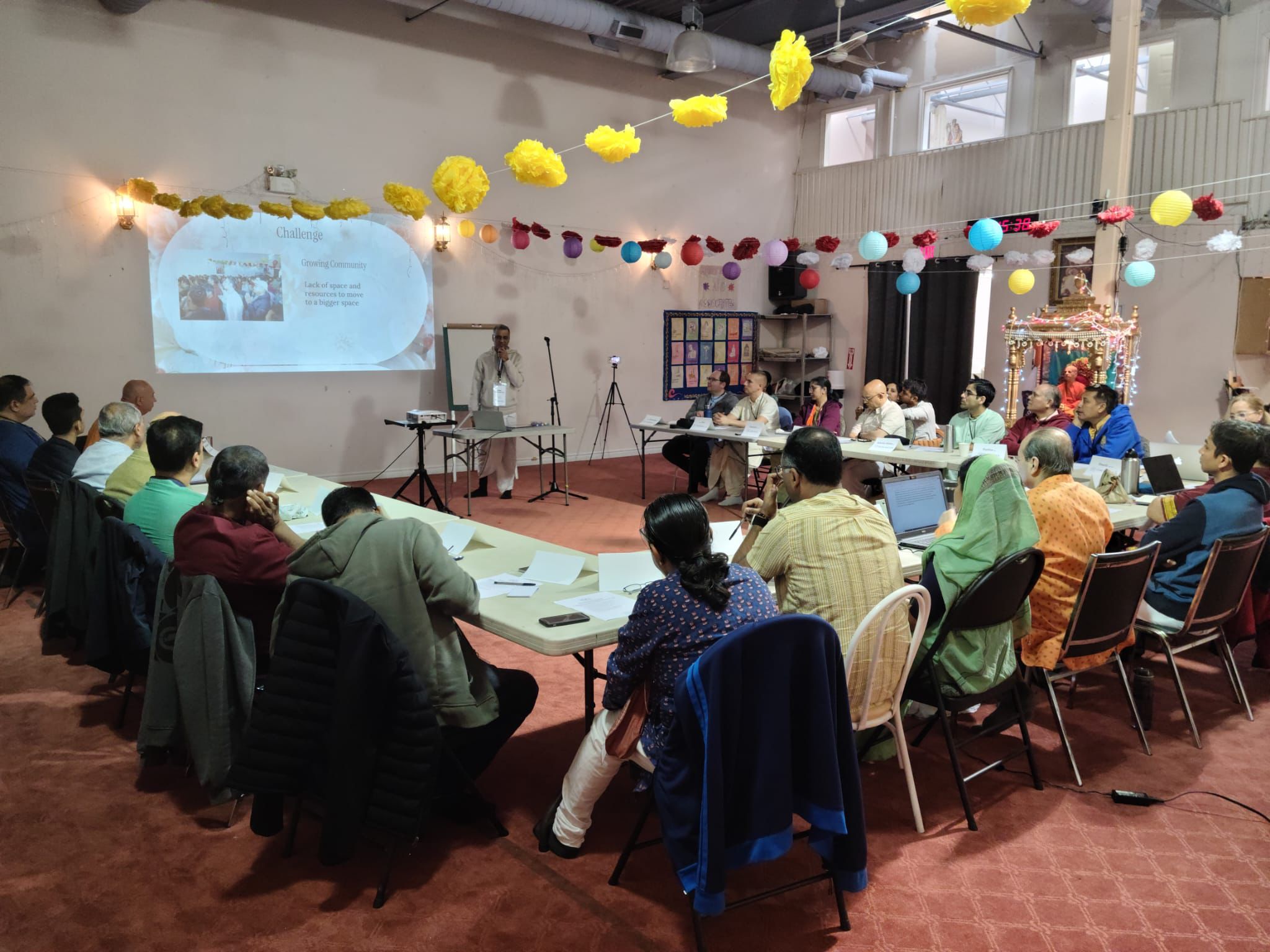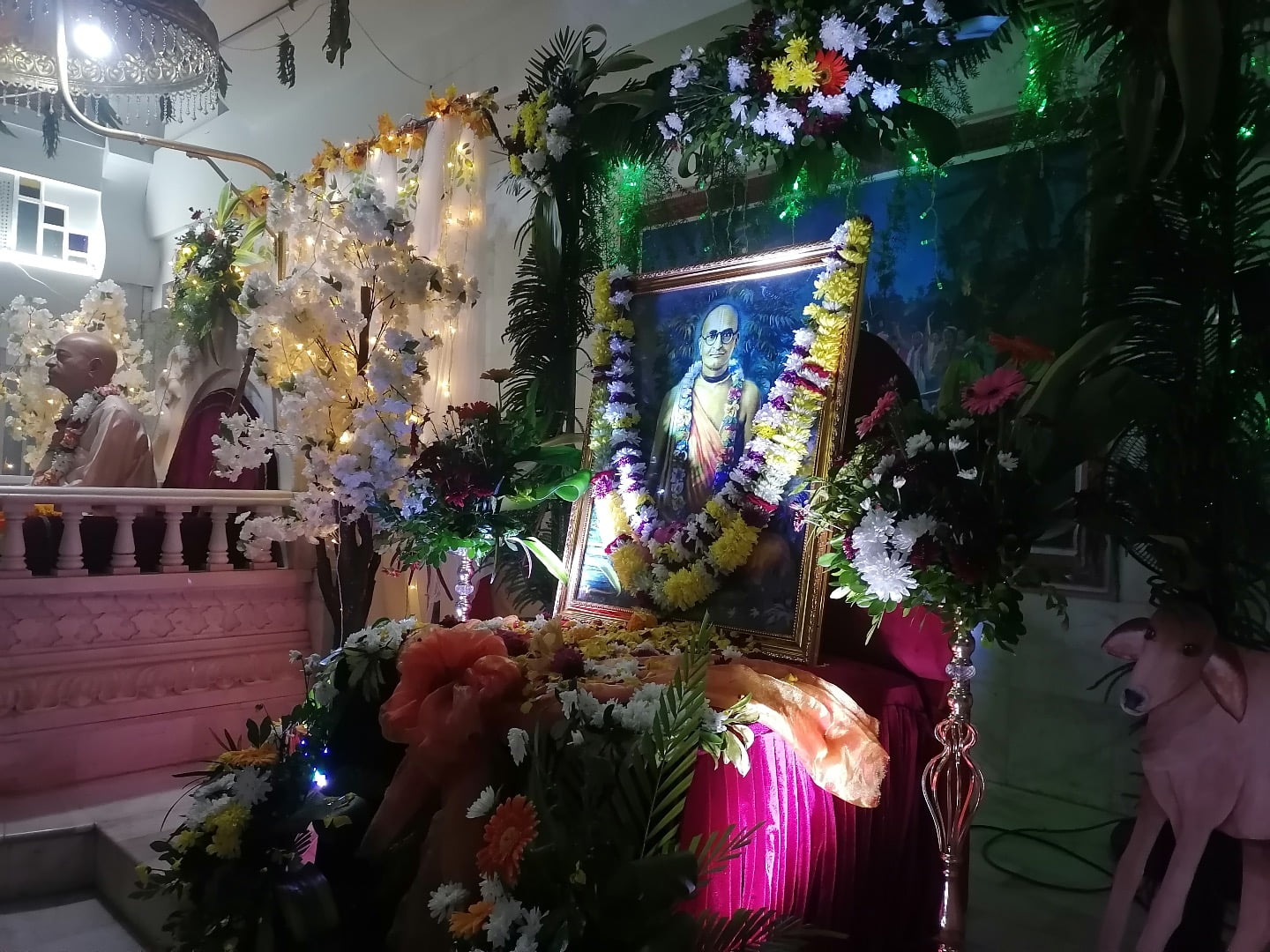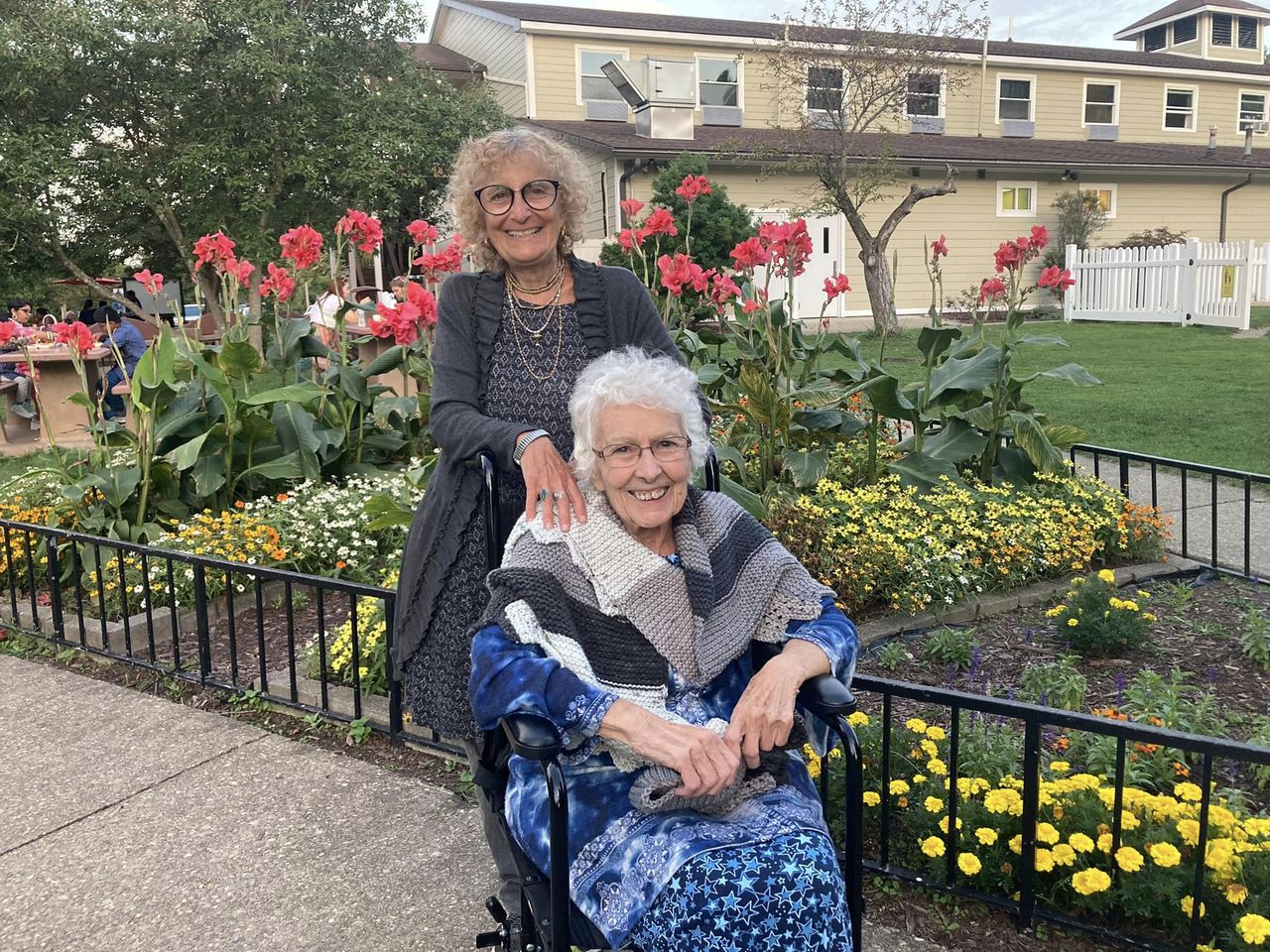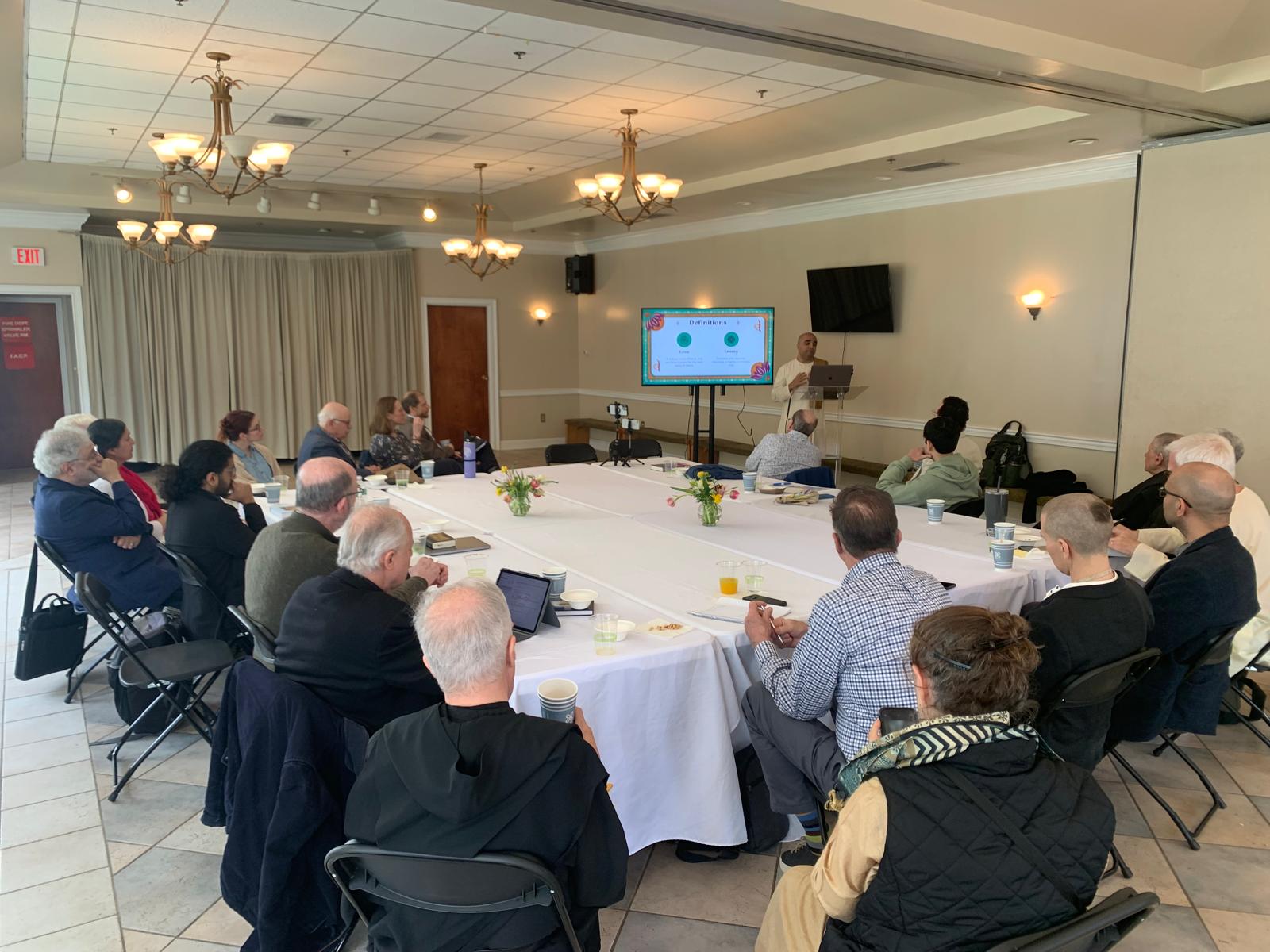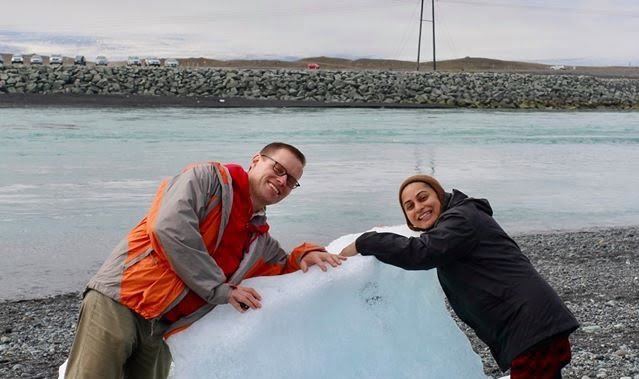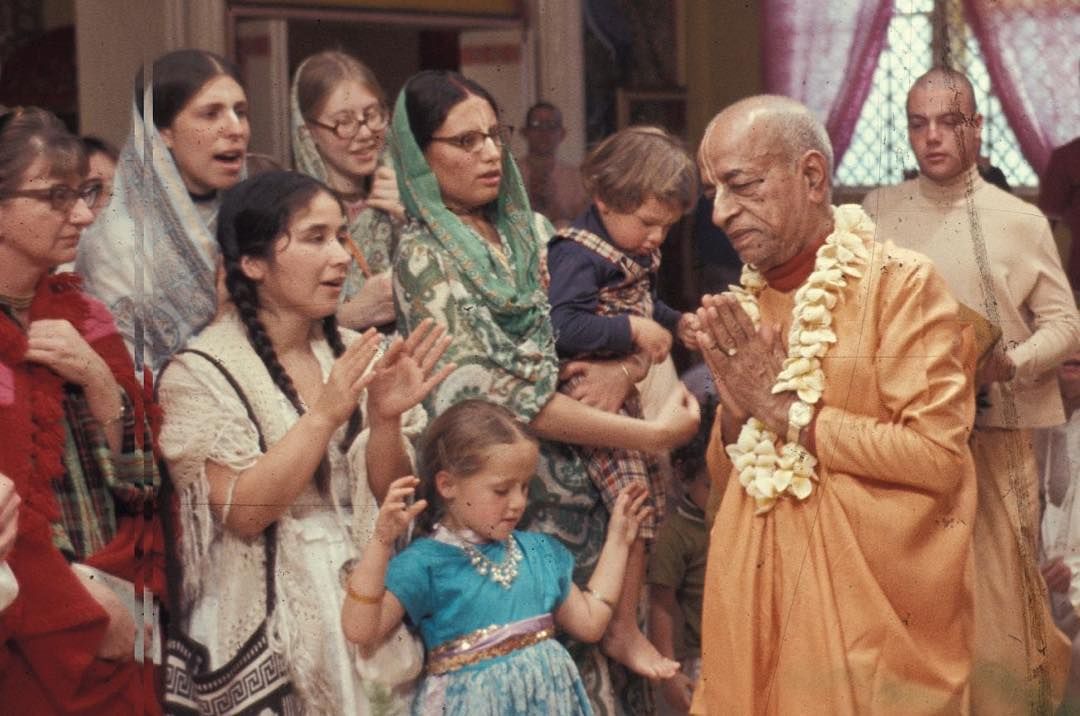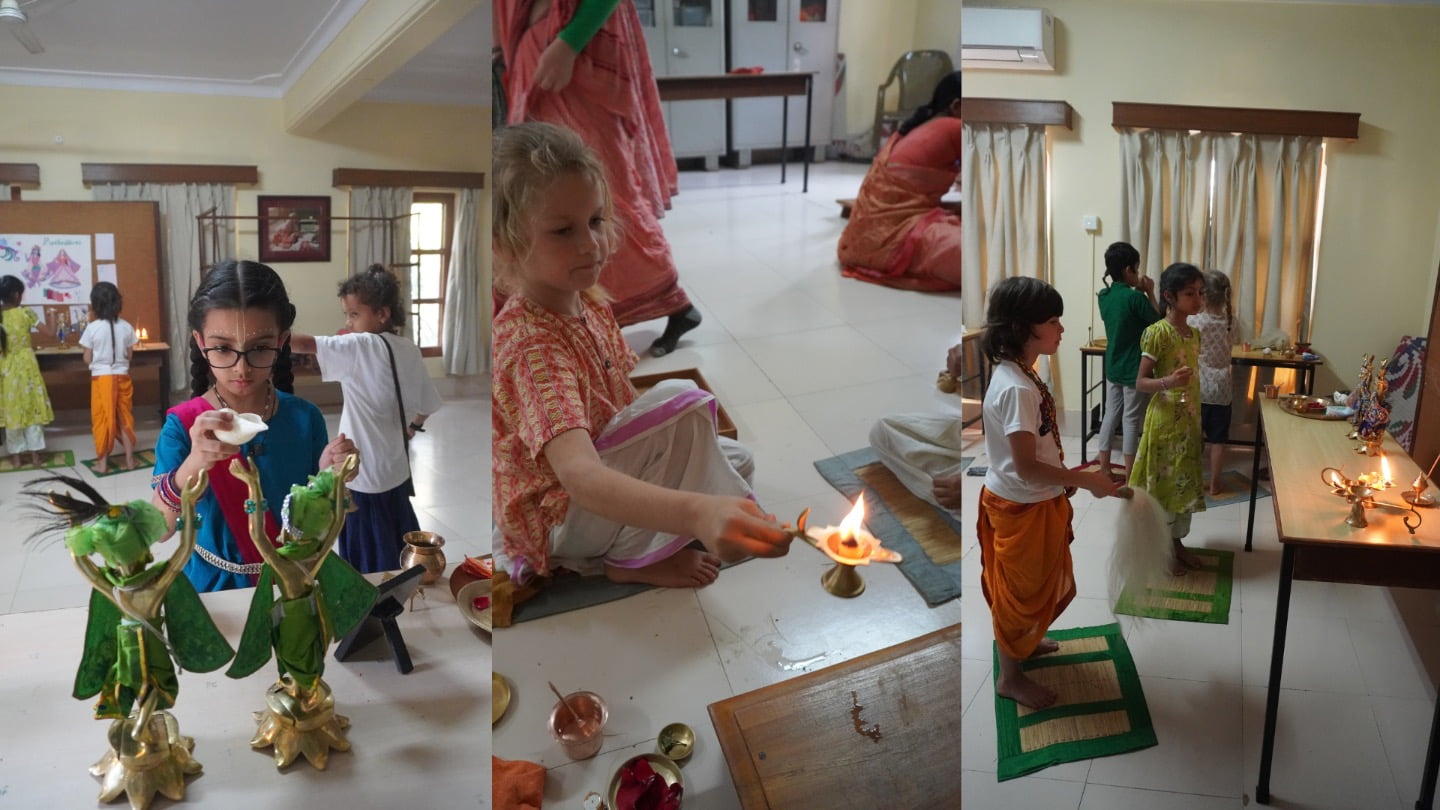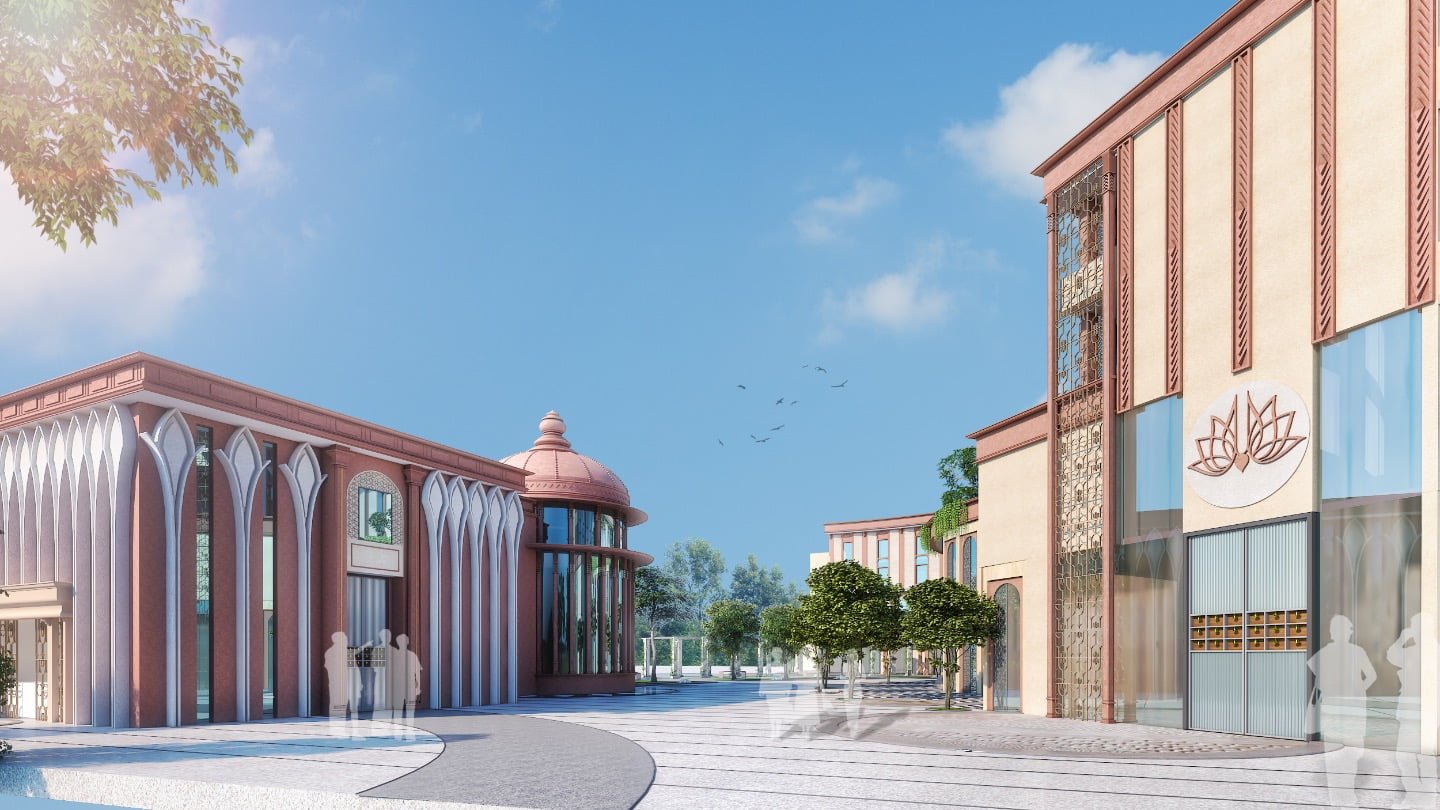Raw-Milk Advocates Rally for Access to Their Drink
By Brian R. Ballou | May 13, 2010
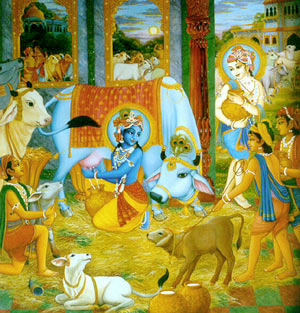
Milk was on tap at Boston Common the morning of May 10, but it wasn’t any supermarket or corner-store brand. This milk was raw, from a dairy cow transported to the park in a trailer.
As the cow grazed, raw-milk enthusiasts were busy collecting milk in a pitcher. It was poured into clear plastic cups as part of a Raw Milk Drink In organized by members of the Massachusetts Raw Milk Network to protest the state’s proposal to limit the activities of raw-milk buying clubs.
The clubs, which have gained in popularity in recent years, have caught the attention of the Massachusetts Department of Agricultural Resources, which sent cease-and-desist letters to four of the clubs earlier this year.
The department had been prepared on May 10 to discuss a proposal to ban second-party purchases of raw milk.
But after protests, Commissioner Scott J. Soares sat and listened to avowed raw-milk drinkers for 3 1/2 hours at the agency’s downtown headquarters.
Although health officials cite risks in consuming nonpasteurized milk, supporters touted its health benefits and said the clubs provide an economic boost to struggling farms.
Currently, people can visit dairy farms and purchase raw milk.
But with the clubs, a designated member travels to a distant farm, usually in a vehicle with refrigeration capabilities, buys large quantities of raw milk, and returns to distribute the product to local members at a pickup spot.
Some clubs require a membership fee to pay for transportation, refrigeration, and other costs.
A gallon of raw milk ranges in price from $6 to $9, say club organizers.
In recent months, the state agency says, clubs have stepped up their activity, including using online advertising.
“They were operating illegally; they were engaged in a commercial business that they were not licensed for,’’ Soares said yesterday afternoon. “The sanitation controls that are required by the state are at the farm, and we have no way of knowing what happens to the product after it leaves the farm.’’
Soares said that there are a myriad of diseases and bacteria that can arise from milk that is not pasteurized, such as E. coli, salmonella, and botulism.
But proponents of raw milk say that since the state started licensing farms to sell it in 1993, there have been no illnesses or deaths associated with consumption.
There are about 107 dairy farms in the state, but only 27 are licensed to sell raw milk onsite.
Winton Pitcoff, coordinator of the Northeast Organic Farming Association’s Massachusetts Raw Milk Network, said it is difficult to know the number of buying clubs in the state or of members.
“Sometimes, it’s a person doing something nice for his or her neighbors on a regular basis,’’ he said.
“The vast majority are very informal and quiet and do no advertising. But you’ll find that they are all incredibly passionate about raw milk and its benefits.’’
Ten states — including Connecticut, New Hampshire, and Maine — allow raw-milk sales in grocery stores, Pitcoff said. “The trend around the country is encouraging.
“I can’t predict what they are going to do here,’’ he added, “but maybe it’s a good sign they decided to give it more time and hear us out.’’
Tracy Harrison of Hopkinton, who started a buying club about three years ago, said shutting down clubs might prompt them to go underground.
Many of the members of the buying clubs insisted that they are not breaking any laws and that the current ordinances do not address their activities.
Harvey Schwartz — a partner in the Boston law firm Rodgers, Powers & Schwartz — said during the hearing that buying clubs are “principal-agent’’ arrangements, rather than commercial distributors.
“I can designate an agent to pick up OxyContin from CVS,’’ said Schwartz, of Ipswich, who says he belongs to a buying club. “But I can be prosecuted for picking up milk? Now that doesn’t make sense.’’
Soares will review the comments from the meeting, study arguments put forth by the clubs, and decide on a course of action in 30 days.



